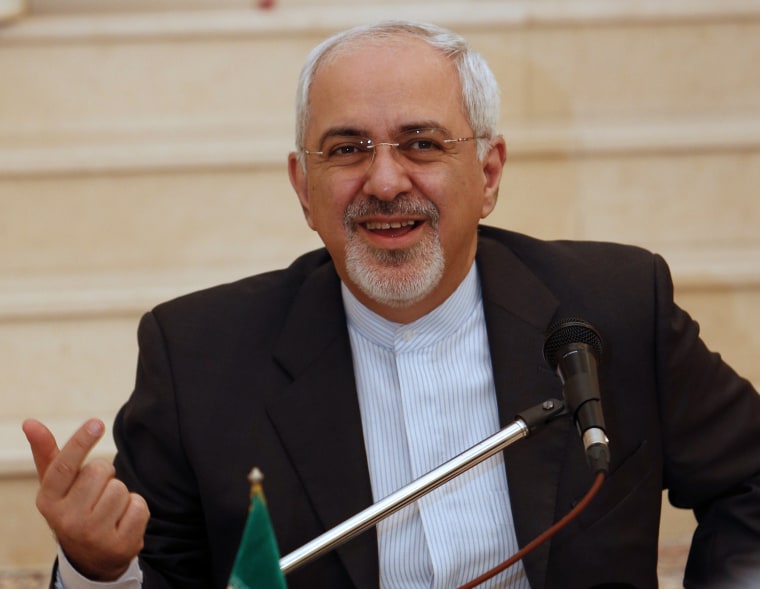In mid-September, after the Obama administration reached an agreement to rid Iran of its chemical-weapons stockpiles, Sen. Bob Corker (R-Tenn.) said he felt "
very discouraged." Yesterday, in the wake of the short-term nuclear deal with Iran, Corker again said he's "
very discouraged."
The senator's distaste for diplomatic success stories notwithstanding, the next question is what "very discouraged" lawmakers intend to do about their dissatisfaction. Among those reporting on the issue, there's some disagreement about what we should expect.
Olivier Knox, for example,
reports that it's unlikely Congress will deliberately sabotage the West's Iranian deal, at least while comprehensive talks remain ongoing.
Congress didn't exactly sound the trumpets and roll out the red carpet for President Barack Obama's fragile interim deal with Iran -- but it's increasingly clear that lawmakers don't want to blow it up with new sanctions, either. [...] "The administration has gotten what it wants: Space for negotiations. And it will continue to get what it wants: Space. But not without consequences or repercussions if Iran breaks faith," a top Democratic aide close to the process told Yahoo News.
The
Washington Post, however,
reported yesterday that a "bipartisan juggernaut" will spend the rest of this week "forging agreement on a new sanctions bill that the senators hope to pass before breaking again for Christmas."
The administration believes the legislation could scuttle the interim nuclear agreement reached with Iran on Nov. 23 and derail upcoming negotiations on a permanent deal -- scheduled for completion in six months -- to ensure that Iran will never be able to build a nuclear weapon. "If you want to hold our feet to the fire on the final deal, fine, do that," a senior administration official said. "If people have concerns about elements of a final agreement, come in and tell us. ... But that is a separate discussion from passing a sanctions bill in the middle of negotiations."
For some in Congress, this is a game of "good cop, bad cop" on a global scale -- the bill would be crafted in such a way as to impose new sanctions six months from now, in the event comprehensive diplomatic talks fail. By this reasoning, lawmakers believe, they're not actively scuttling the existing agreement because the punishment is conditional, based on possible future events. It's about creating incentives, effectively telling Tehran, "Strike a deal or else."
For the administration, the delicacy of the diplomacy is hard enough without congressional interference with a bill that would risk alienating allies in the talks and would arguably violate the terms of the existing deal, making all future success impossible.
The resolution should come into sharper focus over the course of this week, during which time the Obama administration's entire foreign policy team will split its time between working on diplomacy with Iran and urging U.S. lawmakers not to make things worse on purpose.
For what it's worth, I'd recommend keeping an eye on Senate Majority Leader Harry Reid (D-Nev.), who said two weeks ago, "The Senate must be prepared to move forward with a new bipartisan Iran sanctions bill, when the Senate returns after Thanksgiving recess. And I am committed to do so." Last week, Reid struck a much different tone, saying, "When we come back, we will take a look at this to see if we need stronger sanctions."
